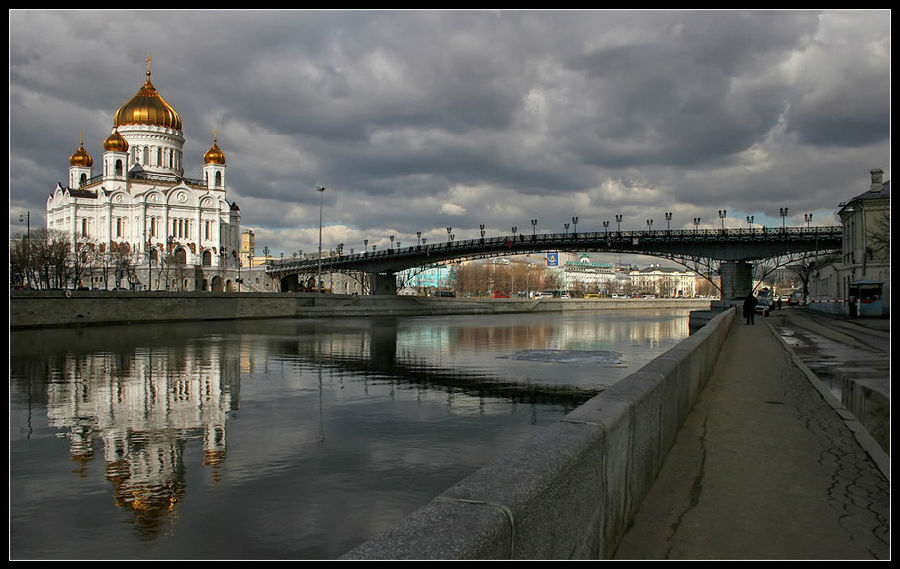The Japanese sneak attack had indeed united the Russian people behind their Tsar, but not for long.
日军的偷袭的确让俄国人民在沙皇的身后聚集起来了,但这并不长久
Large parts of rural Russia were suffering from a series of bad crops.
俄国广大的农村地区都在遭受着歉收
And the starving peasants revolted.
饥饿的农民开始造反
As in previous uprisings, they started burning the homes and farms of the large land owners,
跟以前的起义一样,他们开始烧毁大地主的家园和土地
but this did not get them much attention during war time.
但在战争期间人们却并没有给予此事足够重视
The workers of St. Petersburg, oppressed by terrible working conditions and spiraling prices, ended 1904 with a massive strike.
圣彼得堡的工人被恶劣的工作环境压迫,忍受着不断升高的价格,终于在1904年爆发了大规模罢工
On January 9th, 1905, a group of workers led by Father Georgi Gapon
1905年2月9日,一队工人在神父格奥尔基·加邦的带领下

marched to the Winter Palace to present their Tsar a polite, respectful petition asking for universal suffrage, better working conditions, and an end to the war.
向冬宫进发,呈递给沙皇一份要求普选权,改善条件,要求结束战争的礼貌而客气的请愿书
What they got instead was a hail of bullets from the Tsars bodyguards.
而他们却从沙皇的保镖那里迎来了机枪的扫射
More than 1,000 people were killed.
一千多人被杀
This was the spark that let the powder keg blow up.
这场事件点燃了火药桶
Terrorism ran wild, assassinations were common.
恐怖主义猖獗,刺杀行动变得非常常见
In February 1905, the governor of Moscow, Nicholas' uncle, Grand Duke Sergei, was blown up by a terrorist bomb.
1905年二月份,莫斯科总督,尼古拉的叔叔谢尔盖大公死于恐怖分子爆炸袭击
Save for the land owners, who certainly had their own separate issues, all Russia it seemed had a legitimate grudge against Tsar Nicholas' misrule.
除了地主阶级,他们当然有自身特殊的利益,所有俄罗斯人似乎都对沙皇义愤填膺













